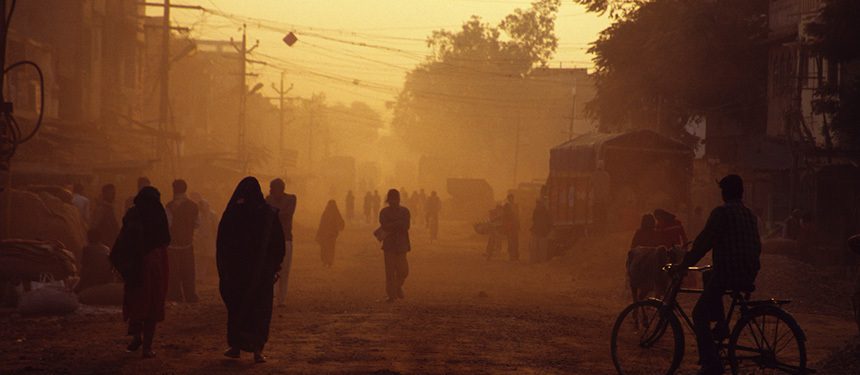
At our recent workshop “Responding to Kidnap Scenarios: Crisis Management for NGOs" led by internationally recognised hostage negotiator Sue Williams QPM, we brought together security managers to explore how best to prepare for and manage these situations.
Why kidnapping is a real threat for NGOs
We know NGOs often work in challenging environments where local stability can shift quickly. At the workshop, one thing that came across loud and clear is this: the more prepared you are, the better you’ll respond. Reacting in the moment isn’t enough. You need clear protocols and systems ready to go when something happens.
In times of ‘peace’, it’s crucial to be well-prepared before any crisis arises. We shared a “Perfect Preparation List” during the event, and it’s a simple, practical guide to help NGOs get organised. Some of the key points include:
- Creating a clear, step-by-step action plan for different crisis scenarios, which isn’t too wordy.
- Setting up a solid Crisis Management Team, choosing people for their skills rather than their job titles, so you know the right decisions will be made quickly.
- Preparing pro-formas in advance for use during a crisis, such as templates for hostage profiles, internal communications, press releases, incident reports, and stakeholder updates.
- Making sure families and media don’t become an issue by having a proper strategy for how to manage communication during a crisis.
- Regularly updating proof of life documents and making sure next-of-kin have all the right emergency contact details.
These are the kinds of things that, when done ahead of time, can make a huge difference when a crisis hits.
Real-world simulations: lessons learned
One of the most valuable parts of the workshop was the simulation exercise. We gave participants a scenario to respond to, with the situation evolving as it would in real life. It was a chance to test the processes they already have in place and to see where things might break down.
The exercise showed how tough it can be to stay on top of everything - whether that’s making decisions quickly, keeping communication clear, or dealing with outside pressures like family or media interference. It’s easy to see how a lack of preparation can lead to confusion and mistakes that can make a bad situation worse. A local crisis constitutes a local response: don’t make a local crisis an international one.
Moving forward: what NGOs can do
After the workshop, the message was clear: being reactive won’t cut it. NGOs need to invest time in planning and preparation if they want to protect their staff and stay operational in high-risk environments. This isn’t about creating complex plans that sit on a shelf - this is about practical steps that will make a difference.
For those who attended, we hope you’ve taken some useful ideas back to your teams. The work NGOs do is incredibly important, but it comes with risks. By putting these measures in place, we can ensure we’re better prepared to protect our people and respond quickly when needed.


